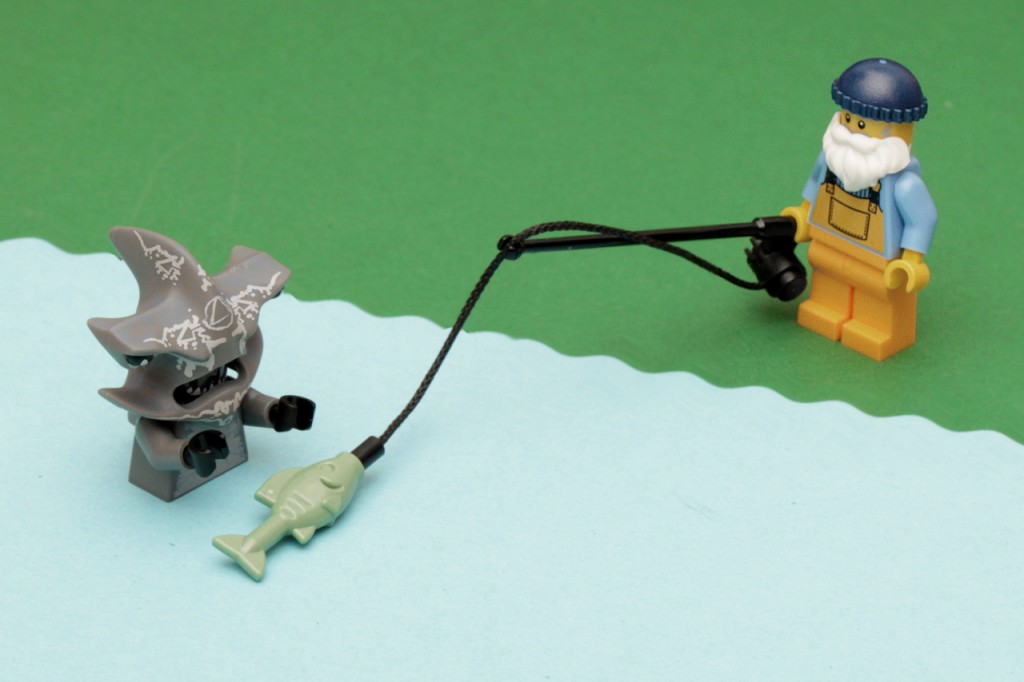You'll Never Guess Why Clickbait Posts Work So Well
If you’ve spent any time on the web in the last few years, you’ve probably come across hundreds of links with titles like:
“Drake just got an emoji tattoo—and you’ll never guess which one” or
“Facebook is unveiling something new on Monday” or
“You’ll never guess who wants to cater Kim Kardashian and Kanye West’s wedding”
(Those are all real headlines, btw)
These are all examples of “clickbait,” a digital marketing trend aimed at enticing readers to click on a link to help generate ad revenue for various news and entertainment sites. So why do we see so many of these types of sensational headlines?
We see so many because they work, and they work because they plant a question in the readers’ minds. The question compels the readers to click on the link to find the answer. Marketers have learned how to harness the power of basic human curiosity to engage people and encourage discovery. They bait the hook with a question and often we are curious enough that we click to find the answer.

Image Source: https://www.flickr.com/photos/pasukaru76/
At this point, some of you may be asking, “So what does this have to do with education?” The answer is that digital marketers didn’t really invent this concept; Socrates did. The Socratic Method is fundamentally about designing questions that help the student construct good answers. Like digital marketers, Socrates understood that if you ask the right questions, people can’t help but think about possible answers. It’s a brain hack. Piquing human curiosity isn’t easy but it is a fundamental element of engagement. Engagement starts with questions and ends with answers.
Why are students more curious about who wants to cater Kim and Kanye’s wedding than about how the Milky Way formed? Why are they more curious about Drake’s emoji tattoo than they are about how art and music affected the Vietnam War? If educators have more profoundly interesting content than digital marketers, why are students more curious about clickbait headlines on Upworthy or BuzzFeed than science, history and economics?
Is it because digital marketers are simply better at designing questions? How can this be? Maybe the digital marketers are better at designing questions because they ask more of them. So how do we make our educational content more clickable? Where do we start? Maybe you can start by asking yourself some questions:
When you design lessons are you designing answers for your students to memorize or are you designing questions that compel them to discover? Is your class a monologue or a dialogue? Do you believe in broadcasting answers about content or do you believe in having conversations around it?
